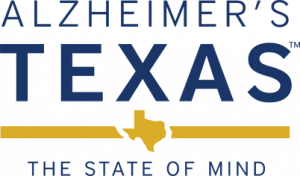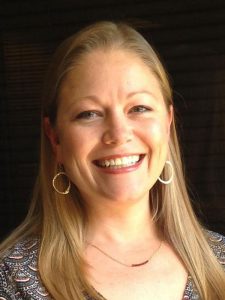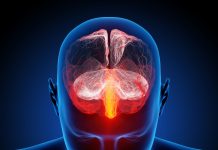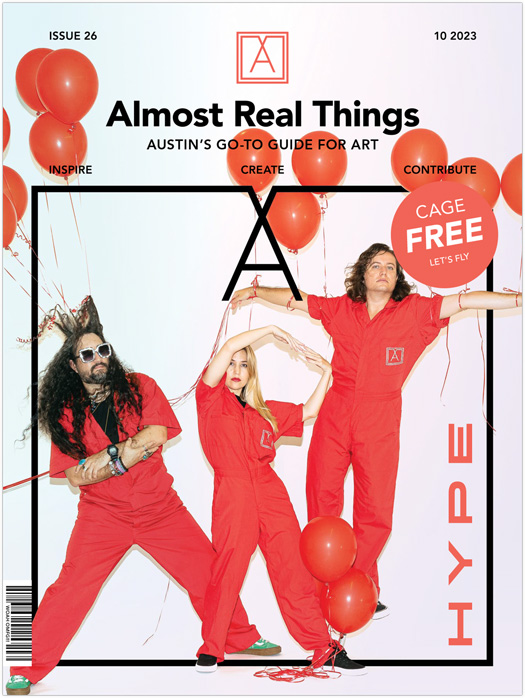Christian Wells is the President of Alzheimer’s Texas, a local nonprofit with the goal of eliminating Alzheimer’s through research and caregiving.
Founded in 1982, they have spearheaded efforts to raise $38 million in state appropriated funds for Alzheimer’s research and provide caregivers and family members patients 24/7 emotional support via phone call. We connected with Christian to get her perspective.

What is memory and why is it important?
Wow that is a challenging question, especially due to my type of work. Well with Alzheimer’s, short term memory is the first thing to go. For example, what you had for breakfast or where you put your car keys. What’s interesting is then your past becomes your new reality, and is more vivid in detail. You can not only describe prom, but what you wore and ate.
How long have you worked in the field of Alzheimer’s?
Thirteen years. I first was exposed to the field when my friend’s mother was diagnosed with early onset Alzheimer’s. When I was in college I ran into a friend that was associated with a nonprofit organization that helped with Dementia and from there I became the Director for five years.
How are things going on the research and treatment front?
Well, treatment for Alzheimer’s is expanding. Slowing the progression of the disease has been a major focus. It’s been over a decade since they said they have a cure, but that still hasn’t happened. Current medicine doesn’t stop the progression, but it does somewhat slow it down.
What is your input on the scientific aspect of Alzheimer’s?
There is no known cause or cure. People used to think it was just random. Until we can figure out how it spreads from cell to cell, it will be a challenge to cure it. Sometimes you may have signs of it in your 30s or 40s, but not until your 70s do you really know it’s there. You lose one-third of brain mass and the effects can be devastating. Assistance for eating, bathing, and going to the bathroom is needed by caregivers and/or family members.
How can we treat Alzheimer’s?
Modeling, hand-over-hand techniques and learning to play an instrument all help. Music also impacts memory. Neurosurgeons write about how it can keep the brain active. Here at Alzheimer’s Texas we have a baseball group for patients as a form of therapy. They are excited to talk about their favorite players, and how much a hotdog used to cost (try 5 cents). Another way is through painting. I’ve seen a patient lose the ability to speak; however when she was taught to paint, there was an explosion of artistic creativity. She began writing, “I am here” over and over again on the canvas—a sad but telling sign that she still felt coherent. All of these activities make a positive impact on patients’ quality of life.
















